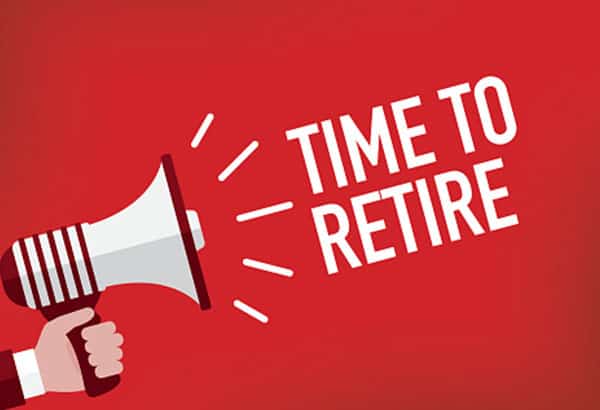There is no doubt that U.S. and international markets are presently taking a hit due to the COVID 19 crisis and financial markets are overshadowed with worry. Fears of a growing recession are going up and down with each market surge and dip.
Despite all of this uncertainty, there are tried and true ways to protect your financial self during a market downfall. Personal finance experts tell us to, first of all, don’t panic. Sit tight and stay calm. Stock markets have always rebounded after every dip. Actually, this may be a good time to buy stocks that are priced lower than usual. This is a great time to take advantage of these better-priced stocks.
Build your Emergency Fund
Another good strategy is to keep building up your emergency fund if you haven’t already got one. A cash reserve doesn’t force you to sell off your investments when they are at their lowest value should you have to cover an emergency large or small at a moment’s notice. Economic experts recommend having two to three months of living expenses stashed away in liquid assets. If your emergency fund hasn’t reached that level yet, then even a small cushion is a beginning that can gradually be added to. One or two hundred dollars secreted away is probably enough to cover most last-minute small emergencies such as suddenly having to replace your car’s windshield wipers, the unexpected need to purchase over the counter medications for the onset of the sniffles or the grandkids’ unexpected visit due to school closing requiring extra snacks or meals. By gradually increasing your emergency fund, you will eventually build up to a place of security where financial decisions don’t have to be made from a place of fear.
Pay off Debt
Paying down debt is a good strategy for protecting your retirement finances in a recession. Paying off credit cards, auto loans and even a mortgage might bring you more peace of mind in a market downturn. This is good financial practice no matter what state the markets are in as it will enable you to be better prepared for a market downturn if and when one comes. There is nothing more valuable than that emergency cash cushion, which is easier to build once you are out of debt.
Cut your Spending
Another way to protect yourself during a market downturn is to try to find ways to cut back on spending. Look at your monthly expenses and identify which expenditures are necessary and which ones aren’t. Services and things you don’t need are referred to as discretionary expenses, and these are the items you can stop spending money on in the moment. Discretionary expenses can add up quickly, and eliminating them will add more liquid cash to your budget. This may prevent you from having to tap into retirement finances and investments for day to day living expenses or even small emergencies. Not overspending and having an emergency fund may help you avoid having to liquidate an already undervalued investment during a market downturn, which is ultimately a lose-lose situation.
Financial experts seem to agree that one of the worst things you can do during a market downturn besides selling your investments at a loss is to change your overall investment strategy. Changes at this point can put your long-term financial goals in jeopardy. Basing your strategy on short term economic events and cashing out assets never allows those assets to bounce back when the recession is over…and recessions always end.
Spotting a recession or market downturn before it begins is difficult due to rapidly shifting events. Therefore, evaluating your overall and retirement finances regularly is one of the best ways to protect yourself financially. It’s never a bad idea to always be asking what you can do to strengthen your financial position. Don’t make changes in a panic. The market always corrects itself.
Read Next:
What to Do In Retirement? Ideas on How to Share Your Time and Talent









